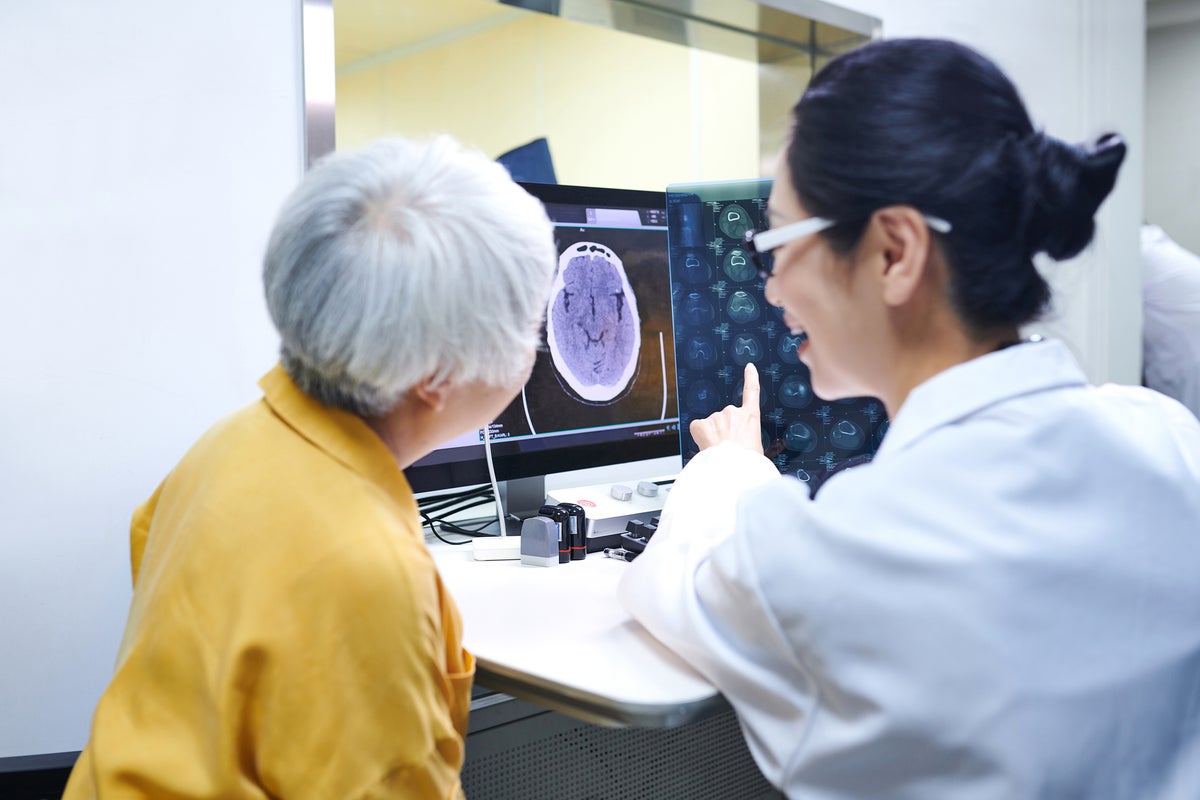- Total News Sources
- 2
- Left
- 1
- Center
- 0
- Right
- 1
- Unrated
- 0
- Last Updated
- 119 days ago
- Bias Distribution
- 50% Right


Microbes, Protein Clusters Linked to Parkinson’s
New research links shifts in oral and gut microbiomes — including mouth-derived, toxin-producing bacteria found in the gut — to early cognitive decline in Parkinson’s disease, suggesting these microbes may trigger inflammation and could serve as markers or therapeutic targets. A separate imaging breakthrough, ASA-PD, uses ultra‑sensitive fluorescence microscopy to visualize and count alpha‑synuclein oligomers in human brain tissue, finding larger, brighter oligomers and a Parkinson’s-specific subclass that may indicate earlier disease stages. Therapeutic research highlights extracellular vesicles (notably MSC-derived) and engineered nanocarriers as promising ways to cross the blood–brain barrier and deliver neuroprotective cargo, while noting that EVs can also spread toxic α-synuclein and both approaches face scale-up and reproducibility challenges. Experts also emphasize the urgent need for integrated digital health tools that combine continuous sensor-derived measures with patient-reported outcomes to manage Parkinson’s highly variable motor and nonmotor symptoms and enable personalized care.


- Total News Sources
- 2
- Left
- 1
- Center
- 0
- Right
- 1
- Unrated
- 0
- Last Updated
- 119 days ago
- Bias Distribution
- 50% Right
Stay in the know
Get the latest news, exclusive insights, and curated content delivered straight to your inbox.

Gift Subscriptions
The perfect gift for understanding
news from all angles.
